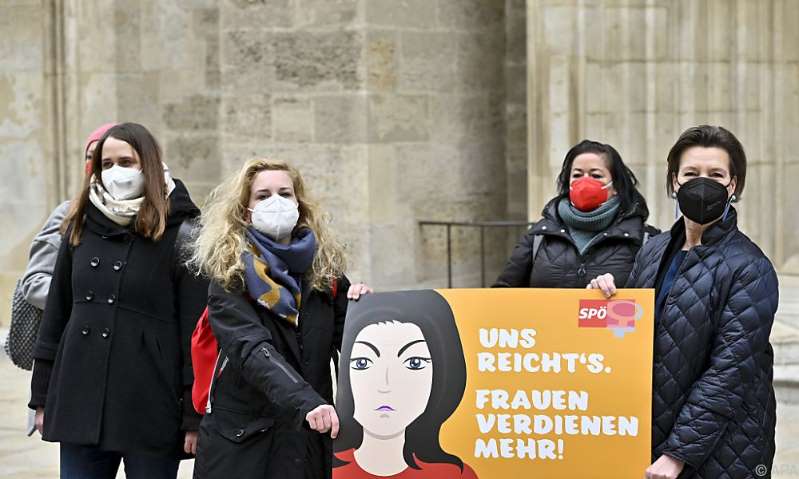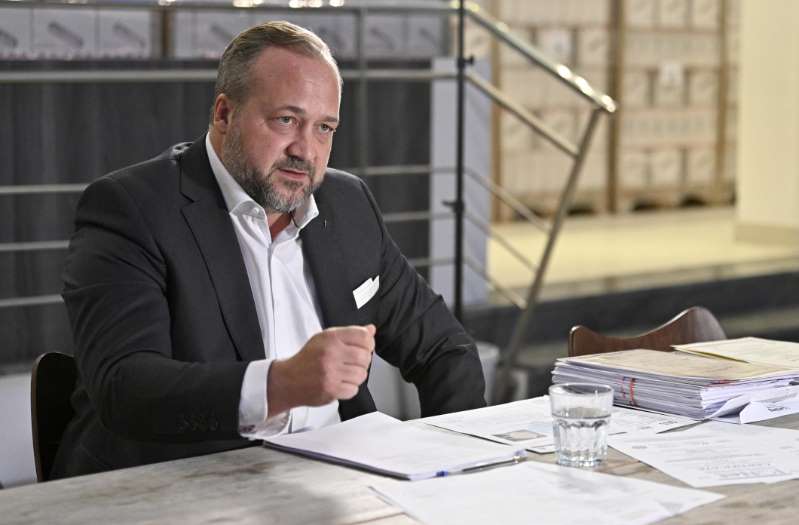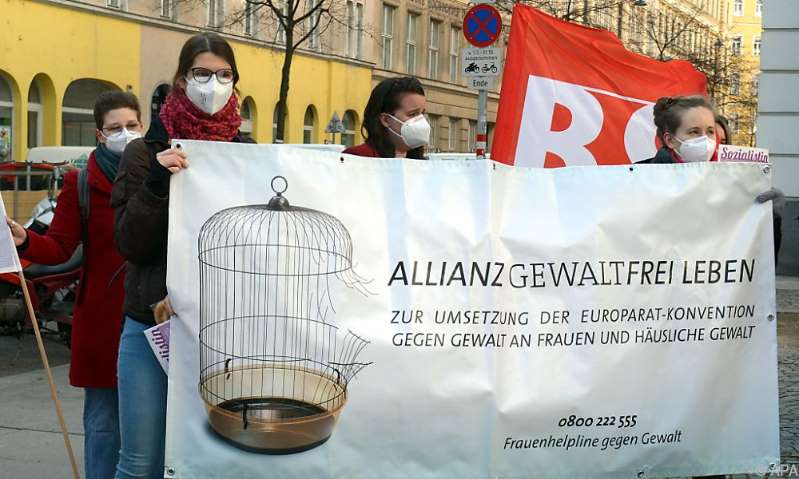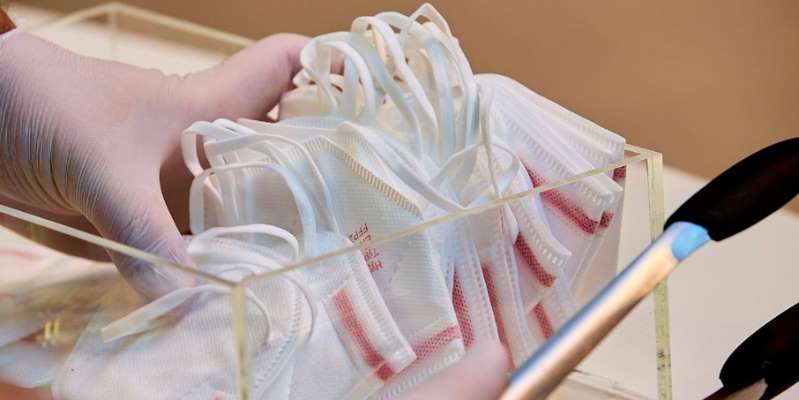The number of Covid 19 patients in Austria's intensive care units has increased by more than 23 percent within two weeks. That is a significantly stronger increase than the number of infected hospital patients overall with an increase of almost eleven percent. The Society for Anaesthesiology, Resuscitation and Intensive Care Medicine (ÖGARI) spoke on Monday of a “worrying increase”. The dominance of the British mutation “undoubtedly plays an important role”.
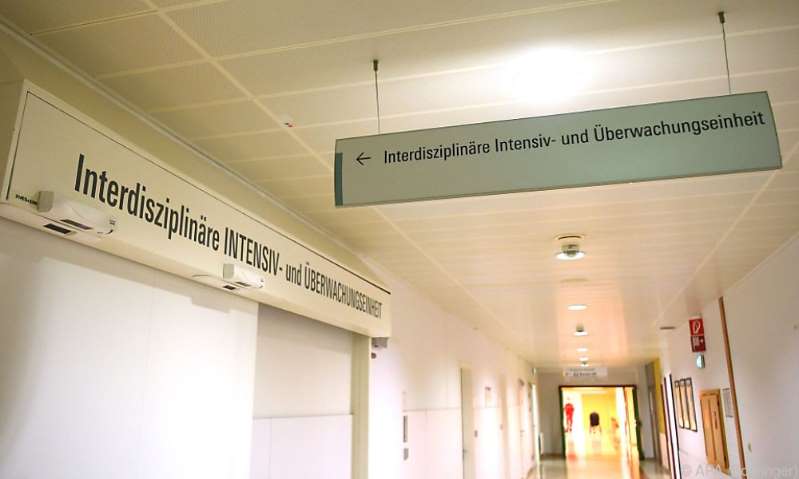
Image: APA (Fohringer)
“The significantly easier transferability from person to person and the higher number of reproductions of this variant has meanwhile been comprehensively proven by scientific evidence. And an increase in infections naturally also leads to greater stress in the intensive care units,” reported ÖGARI President Klaus Markstaller from MedUni Vienna / AKH in one broadcast.
“The situation is becoming much more tense again, even if the strength of the region varies,” explained Markstaller. “If the current trend continues, we will very quickly be back to the point where we have to switch even more strongly to crisis mode: For example, intensive care capacities have to be freed up by postponing planned operations.”
In the “Nacht-ZiB” of ORF television, Markstaller said on Monday evening that the situation was dramatic because “even without Covid”, in principle, all intensive care beds would be occupied. “Ten percent of all beds, that's 200, because there are 2,000 in Austria, we can compensate because there is always a certain buffer capacity, but in principle we need every intensive care bed, and if it is now around 300 and the forecasts point towards 400, then it is dramatic because then we cannot adequately care for other patients. “
Nobody will be sent away, said Markstaller in the ZiB conversation, “but we are actually beginning to postpone certain operations and certain treatments, although we were just in the process of processing them, which had to be postponed from the second wave.” At the moment it feels like “a third wave is building up now”. Vaccinations are certainly “the best way”, but what has been achieved so far does not yet have any effect on intensive care medicine. Markstaller recalled that so far in Austria it was mainly risk groups, the “very old” who had been vaccinated. “These are not primarily the patients who would have come to intensive care units.”
“We are now prepared for all scenarios and eventualities in the intensive care departments. But the intensive care medicine is, figuratively speaking, the last field in this game,” emphasized Markstaller in the broadcast. “The game-critical accents for the course of the pandemic are set beforehand: through vaccinations, the well-known prophylaxis measures and the development of new treatment options. Here everyone has an influence on the further course. Unfortunately, the virus is not based on a possible 'pandemic fatigue' . “
In the longer term, it is not enough that only extreme stress is averted, but it is necessary to be able to switch back from crisis mode in the direction of largely normal care in the intensive care units. Marksteller also called for better data. “In order to be able to interpret the numbers of intensive care beds occupied by people with severe Covid-19 courses appropriately, a uniform and clear definition is required.” Currently, it cannot be ruled out that there will be different ways of counting Covid 19 intensive care patients; For example, whether the admission diagnosis Covid-19 is relevant for the assignment or the current status of the infectiousness.
Meanwhile, Andreas Bergthaler from the Research Center for Molecular Medicine (CeMM) of the Austrian Academy of Sciences (ÖAW) called for proactive crisis management and more basic research in all disciplines on Twitter. “This week's figures will show that instead of openings, targeted additional measures against the third wave are needed,” wrote the virologist. He called for a budget increase of 50 percent for the FWF Science Fund. That would be around 120 million euros, said Bergthaler.









